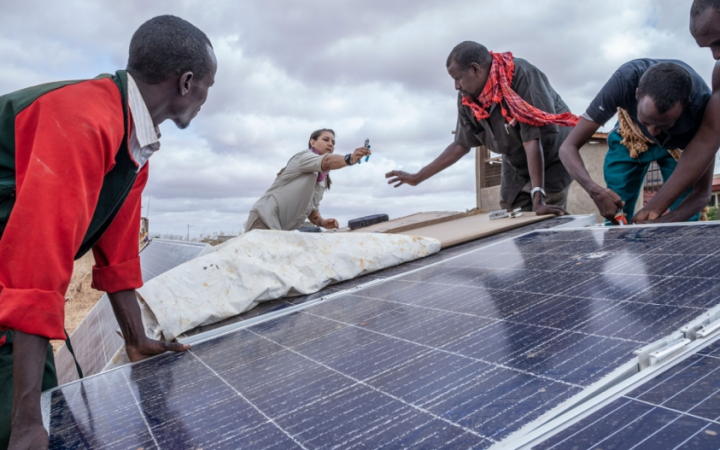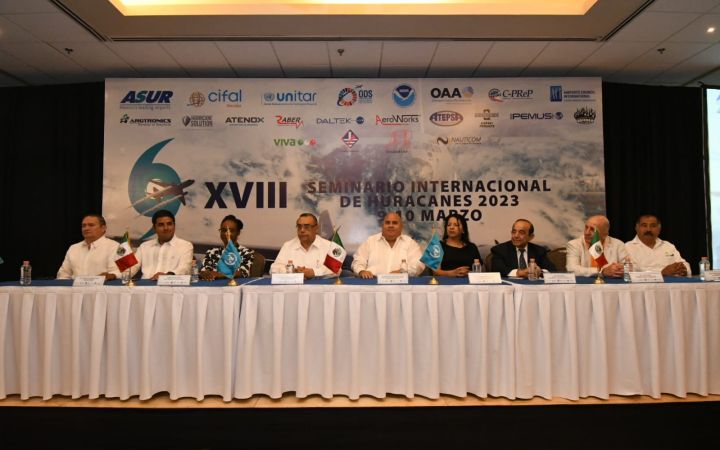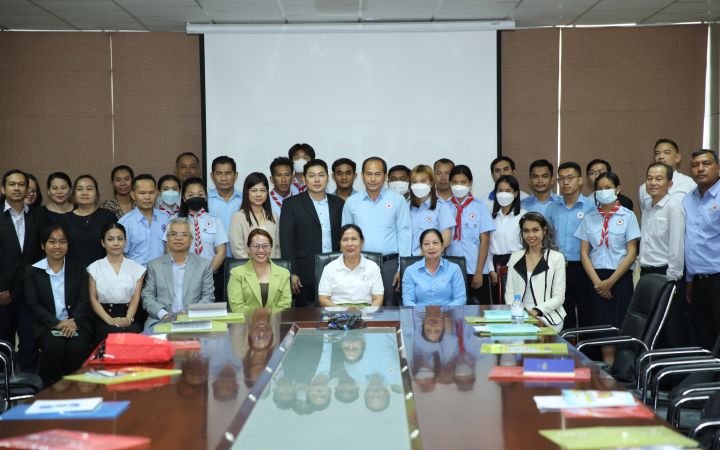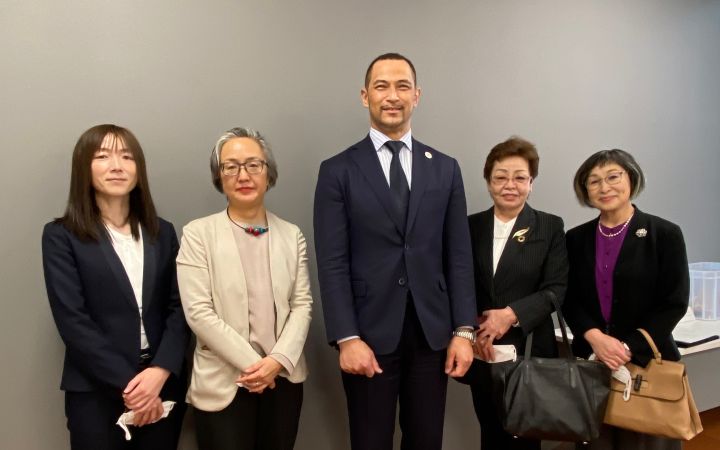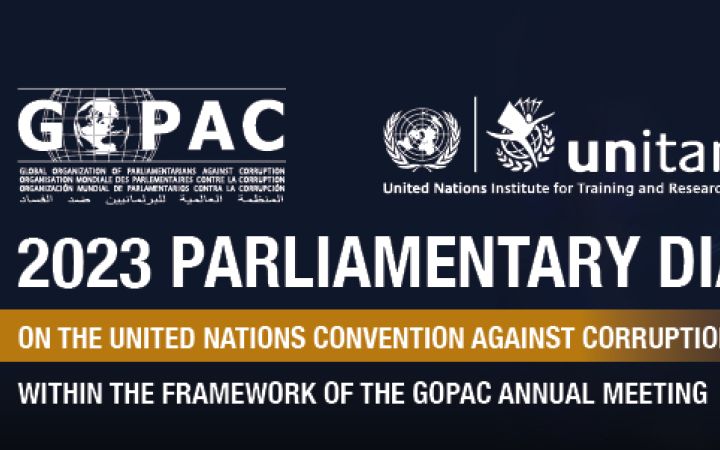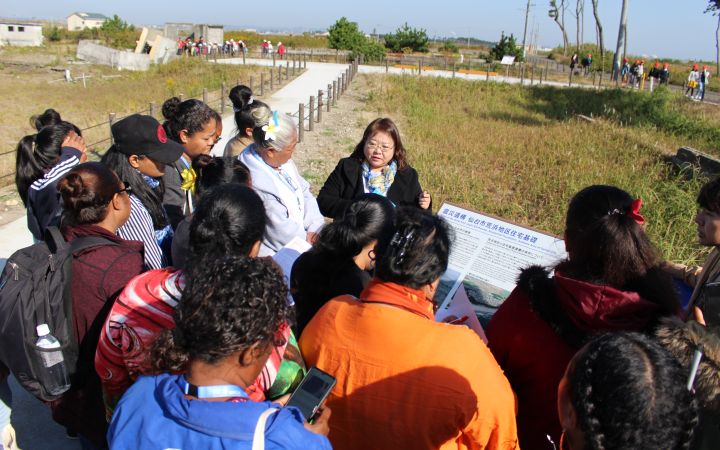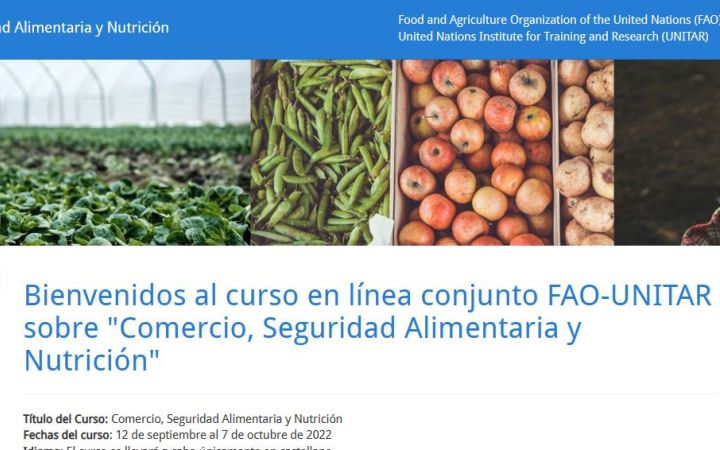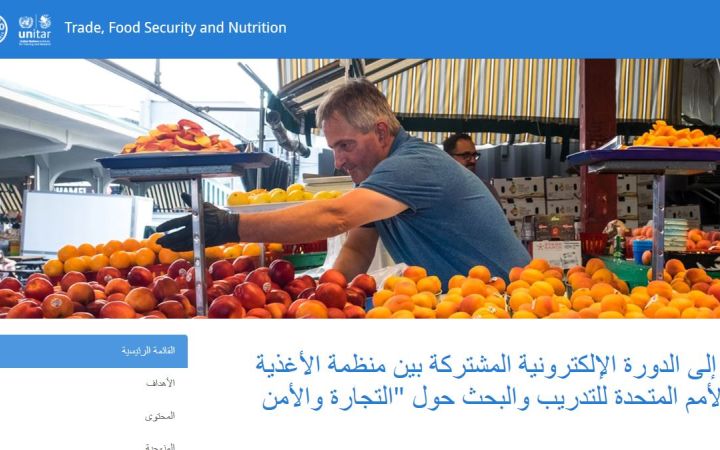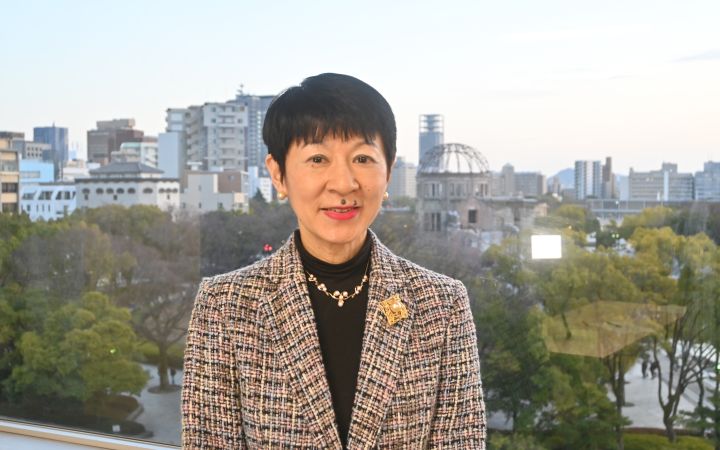Displaying 701 - 710 of 1523
The sustainable energy pillar at the Division for Peace in UNITAR hosts the coordination unit for Global Platform for Action on Sustainable Energy in Displacement Settings (GPA). With a consortium of 16 United Nations and International Non-Governmental Organizations, the goal of the GPA is to ensure that the displaced people around the world have access to affordable, reliable, sustainable and modern energy.
09 March 2023, Merida, Mexico – Together with airport executives, and civil and aeronautical authorities, CIFAL Merida has met in the city of Merida Yucatan, to review with specialists from the National Hurricane Centre, and renowned meteorologists, the processes of preparation of airports for their immediate reopening in case of being impacted by a tropical cyclone.
7 March 2023, Phnom Penh, Cambodia - On March 2 and 3, 2023, the Autosobriety Training Programme to Prevent Drink Driving kicked off at Phnom Penh International University and brought together 22 trainers from local high schools, public and private universities
3 March 2023, Hiroshima, Japan – UNITAR Division for Prosperity Director Mihoko Kumamoto attended the Sport for Future consortium conference in Tokyo on 2 March 2023. The conference showcased leading initiatives that foster the values of sports in Japan and around the world.
2 March 2023, Cascais, Portugal - UNITAR and Nova School of Business & Economics (Nova SBE) join forces to establish the first International Training Centre for Authorities and Leaders (CIFAL) in Cascais, Portugal. The partnership with Nova SBE recognizes its work on applied research and commitment to developing new approaches that will help meet society’s most urgent challenges by providing innovative training and facilitating the exchange of knowledge amongst government officials, the private sector, and civil society.
GOPAC and UNITAR are organizing a Parliamentary Dialogue on UNCAC. The Dialogue aims to explore perspectives, practices, lesson-learned from parliament in several areas, including how parliamentarians can improve their oversight role and establish specific parliamentary measures to implement the convention's provisions effectively.
27 February 2023, Hiroshima, Japan – Eighteen participants from nine countries will participate in the second phase of UNITAR Hiroshima Women’s Leadership in Tsunami-based Disaster Risk Reduction Training Programme for World Tsunami Awareness Day. The training will be held in person in Samoa from 7–11 March 2023. This is the first time UNITAR Division for Prosperity will hold workshops in Samoa and is also the first time in two years that the DRR Programme will have in-person learning.
27 February 2023, Geneva, Switzerland - The Spanish edition of the FAO and UNITAR joint e-Learning Course on “Trade, Food Security, and Nutrition” for Latin American policymakers launched in September 2022 has been completed.
27 February 2023, Geneva, Switzerland - The United Nations Institute for Training and Research (UNITAR) and the Regional Office for the Near East and North Africa of the Food and Agriculture Organization of the United Nations (FAO) have launched a Call for Applications for their joint online course on Trade and Food Security which will take place from May 28 to June 22, 2023. The course will be facilitated by experts and delivered fully in Arabic language in an asynchronous manner.
27 February 2023, Hiroshima, Japan – Professor Akiko Yuge, a member of the UNITAR Board of Trustees, visited the UNITAR Division for Prosperity, Hiroshima Office to observe the in-person nuclear disarmament and non-proliferation training of 18 government officials from Asian foreign affairs and defence authorities.


